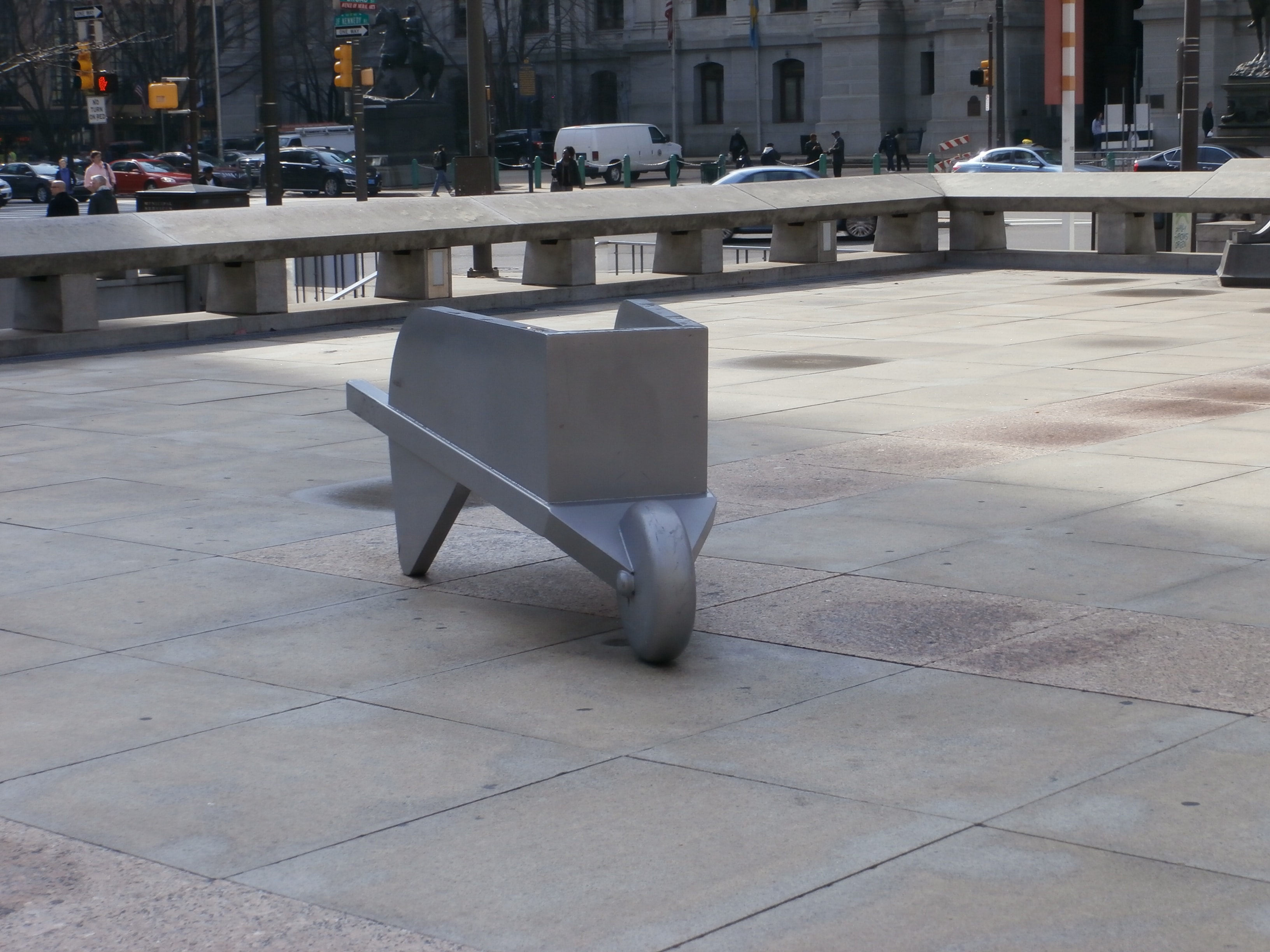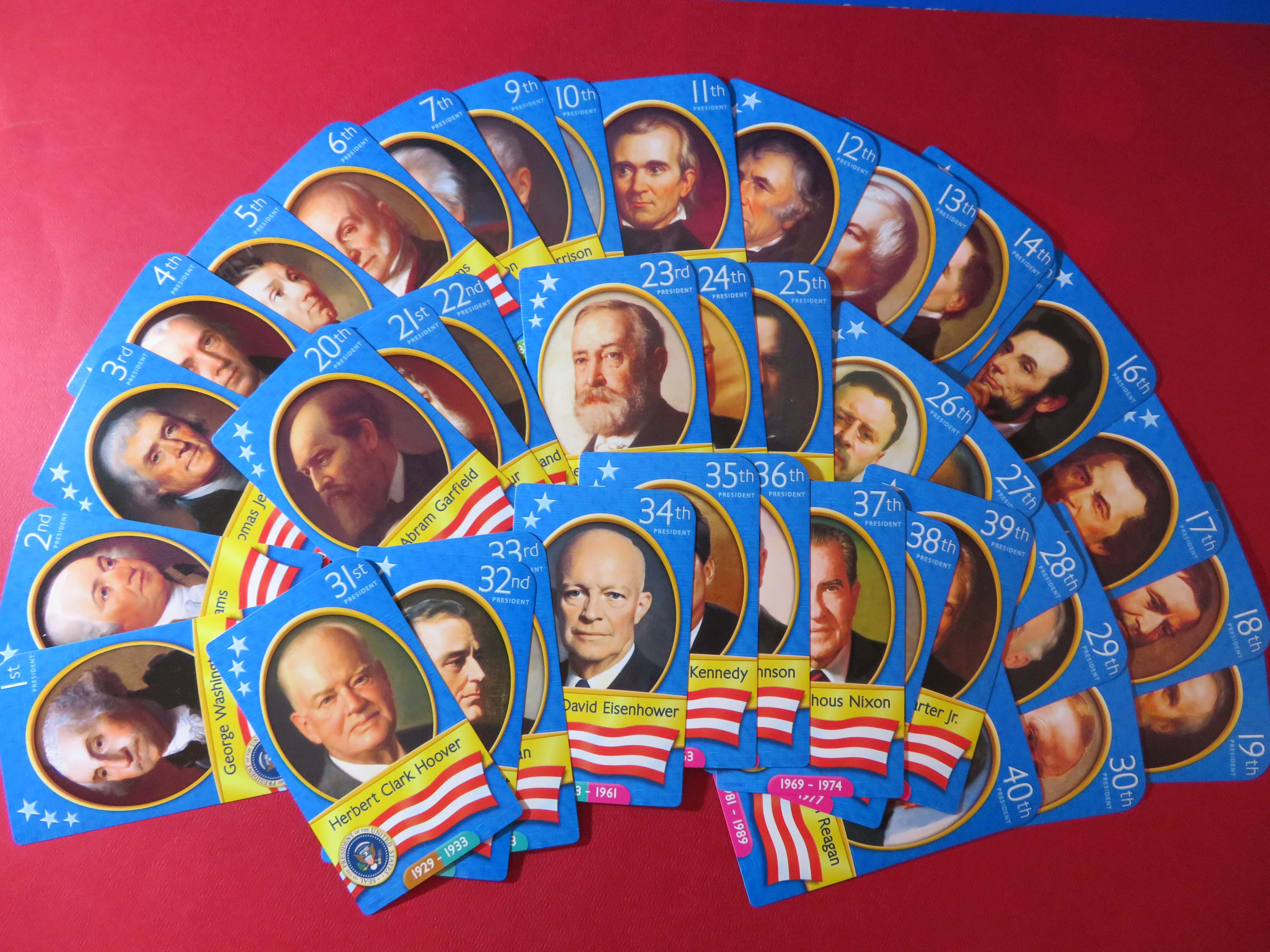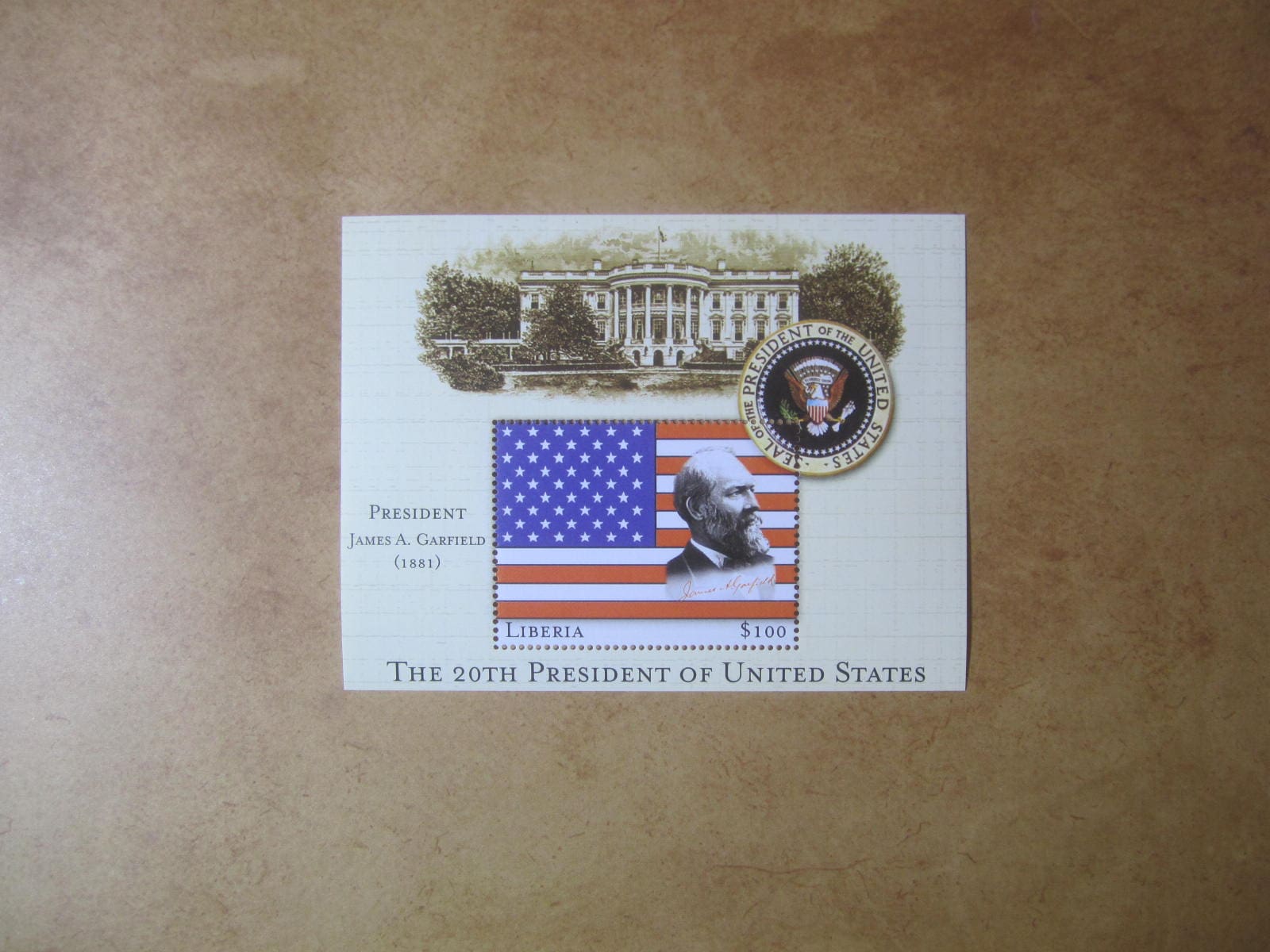A Little Hard Work
There is an old saying, “A little hard work never hurt anyone.” There are many days when I would rather not hear that expression. Hard work is usually not fun work. Hard work often goes unappreciated. Sometimes, when you work the hardest, more is expected of you.
On the flip side of work rest two different conditions. The first is vacations and time off. Hard work needs relief and nothing seems to heal its aches better than a nice vacation. Today, for instance, I have a day off from my job. It’s nice to be out and about when everyone else is at work. There’s just something very special about that.
The second flip side of hard work is just getting by. Perhaps you know that individual. You hustle and panic and there across from you stands that individual doing the bare minimum to get by. Nothing ever seems to get said to the individual, instead some of their work load gets stuck on your pile. Your poor spouse, when you get home, because they are surely going to hear about your unfair treatment.
Although it aggravates me to have to work with someone who doesn’t carry his own weight, I really don’t think I would ever want to be that type of lazy person myself. Part of that resolve is probably in the way I was raised, but I also think part of it something inside me that is driving me to do my best.
One of my earliest memories of hard work was the job I had delivering newspapers. My first route was pretty far from my house, but every day I would stack the newspapers on my bike and I would go out to make my deliveries. Rain or shine, it made no difference. If the bundle of newspapers got to my house, they got delivered.
I remember during one snow storm, the ice was thick on the road. I bundled up, and threw my papers into my newspaper bag and then put them on my bike. I had to take my bike because I couldn’t walk with the papers because there were too many of them. I couldn’t ride my bike because it was too slippery. So I pushed my bike with the papers on it. I think those might have been some of my longest paper delivery days. Did I enjoy it? Absolutely not!
Other times I was chased by dogs. I got bitten a total of three times in my paperboy career. I must have been the luckiest paperboy ever because each time I got bitten I heard the same thing, “My dog has never bitten anyone before.”
As I got more experienced I began getting less afraid of dogs. One time my Dad even caught me chasing a dog down the street behind our house. A friend of mine was delivering a rival paper and was scared of the dog. So I chased the dog down the street so he could deliver his papers. My Dad would say it was the only time he ever saw a paperboy chasing a dog.
The worst chore of being a paperboy, to me, was the collecting the money at the end of the month. It wasn’t too bad with most people, but some of them either wouldn’t answer the door, accuse me of collecting the bill twice in a month, or would get angry with me.
Sometimes collecting was fun. I learned to talk to people and had regular conversations with most of my customers even though they were much older than I was. Often I got some pretty good tips. Once, I remember, I had a customer who worked at a bank. The big Eisenhower dollar had just come out. She gave me a brand new one. That was probably one of the best tips I ever got even though it was not the biggest one I ever got.
The newspaper also had a scholarship program you could buy into. For each new customer you got, you got so many points. When you reached enough points you could get a $25 scholarship. The value of that scholarship could go up to double depending on your length of service. In addition, you could purchase another $25 scholarship for each one you earned and the same value rules applied. I earned enough of these to pay my first two years of college.
Winter was getting ready to set into this small Ohio town. Pregnant Eliza was getting to be an old pro at this child bearing thing. This was going to be her fifth child. Like many families, during this time, childbirth was no guarantee that the young infant would make it to adulthood.
Eliza’s husband, Abram, was from New York, but he moved to Ohio to marry his childhood sweetheart. Before you get too teary eyed about him traveling all the way to Ohio to marry his sweetheart, I should tell you it wasn’t Eliza he came to marry. No, Abram came to Ohio to marry Eliza’s sister, Mehitabel. When he arrived in Ohio he found out Mehitabel had already married. Abram settled for the sister, Eliza.
Eliza was all too familiar with the loss of an infant child. She, and her husband Abram, had high hopes for this child though. On November 19th, she bore a son, her fifth child. The child was named for an older sibling who passed away before his birth. It would be Abram and Eliza’s last child.
The young child’s life was suddenly changed when, shortly after his first birthday, his father suddenly died. The strong-willed Eliza was now forced to raise her children on her own. Her children, the three who were still alive, would be raised in poverty.
Being raised poor can’t be too much fun. That was especially true of the younger son. All the other kids made fun of him. To divert his attention, the young child would dive into reading. He would read everything he could find. Finally, having had enough of it, at the age of sixteen, he would leave home to find work.
He began his job search by asking for a job on the only ship that was docked in Cleveland at the time. He was turned down. Instead, he found a job working on a canal boat. He would be responsible for the mules that pulled the boat along the canal.
Six weeks into his canal boat job, the younger son got really sick and had to return home. While he was home, his mother, probably heartbroken for her favorite child, got with a local educational official and talked him into letting her son go to school for a year instead of returning to the canal boat.
He came from the Biblical age in the Bible when you pretty much had to be a jack-of-all-trades. There were no Walmarts, no fast food places to eat, no Interstate highways to jump on, or any serious forms of organized government (that one almost sounds too good to be true). No, he had to build his own house and furniture, kill or plant his own food, and he probably had to walk most places because cars hadn’t been invented yet.
But hard work never hurt this man. He was pretty good with his hands. My bet is that no one could till a field better than he could. I bet there wasn’t an animal in the woods he couldn’t find if he wanted to. I bet his carpentry was some of the best there ever was. I’m sure he could come up with a solution to almost any problem.
To make anything really good out of wood, a good carpenter knows the quality and type of wood makes all the difference. For most types of furniture you want a wood with beautiful grains, good color, and very few knots. Other type of carpentry projects require different types of wood, but most of those projects have one thing in common: they need straight boards, especially to start off with.
The Bible doesn’t really tell us where he got his wood, but I’m willing to bet it wasn’t Lowes or Home Depot. They weren’t around then. Did he grow and cut his own wood or did he trade off some of his livestock to someone else who grew the trees? Did he buy or trade for the trees and then shape the wood into the shape he wanted or did someone else do that? Again, the Bible never says.
The beginning of the Bible is full of detailed instructions on building all kinds of vessels for God’s use. There are flowers and cherubs, cubits and compass directions, and many other elaborate instructions to follow. He was one of those craftsmen, assigned by God, to craft one of those well-defined instruments.
The younger son went to Geauga Seminary. He found he really liked school and the subjects that had never been available to him before. He became interested in language and became a powerful speaker. To help pay for his expenses, the young lad went from town to town teaching. He hated that.
The young lad would hold various jobs after leaving Geauga and teaching was one of them. He decided to go to Western Reserve Eclectic Institute, later named Hiram College, to continue to further his education. In order to support himself he took a job as a janitor at the college. He would also teach.
At Western, he would excel in Latin and Greek, but anything new excited him and he was a very quick learner. After Western he would head to Williams College. While he was here he would teach penmanship to nearby students in Pownal, Vermont. That position had previously been held by future President Chester Arthur.
He would graduate from Williams College as salutatorian. Not bad for a poor canal boy who had to become a janitor to get through college. Such a degree from such a prestigious college made him a star on his return to Ohio. He would return to teach at Western or Hiram College.
After he married Lucretia Rudolph, he would read law at a Cleveland firm and study it while he was at Hiram. He would be admitted to the bar. He would soon enter politics until he would serve in the Civil War for the Union.
James Garfield, who would eventually become President, would earn the rank of Brigadier General during the Civil War. He was only thirty years old. Garfield would be elected to the House of Representatives for nine terms. He is the only person to be elected President while he was a sitting member of the House of Representatives.
Our Bible character was commissioned by God to build a “tebah,” or what is similar to the Egyptian word for box. That doesn’t sound like too hard of a task. How hard can it be to build a box?
Well, the “little” box our carpenter was to build was actually 300 cubits long by 50 cubits wide by 30 cubits high. For those of you who don’t know what a cubit relates to in today’s measuring system, you’re not alone. Most “people in the know” can give you a good guess, but no one is absolutely certain the exact measurement of this cubit. Some say it was 17.5 inches. Others say it was 20.5 inches. Whatever system you use to exchange measurements, it’s not a “small” box we are talking about at all. It could have been over 500 feet in length.
This box was not like other “temple” boxes. No, it was to be built to honor God in a different way. You might call it the Trust Box. It was not an easy box to build. It would require a lot of hard work. To build it, most people would believe was a waste of time and it would take a lot of time to build it. So to take part in its building you had to believe its purpose had some God given role.
This box had a 30 x 5 x 3 ratio. Architects today would say this is the optimum ratio for this type of project. It would not be until the late 19th century that another “box” for this purpose would be built again. In a modern sense, if you think about it, our box could hold over 560 railroad box cars or to use a good Bible example, it could hold over 125,000 sheep. Now that’s a big box.
Noah’s big “box,” or Ark, was also designed to withstand up to a 90 degree tilt, if one of those giant waves hit him while it was in the water. But to build such a large box would require a lot of hard work and faith. We are very fortunate that Noah provided plenty of both or none of us would be here today.
There are so many excuses we can find to avoid hard work. But most of the time, despite its pain, hard work serves a great purpose. Just imagine what type of planet we would have if the hard work of the paperboy, the President, and the box builder were combined for God’s purpose.
Prayer: Dear Mighty Father, Although, at the time, I failed to appreciate the hard work of many of the tasks set in front of me, I do appreciate the strong work ethic they have built in me. Thanks for teaching me the purpose and rewards of hard work. Amen.



